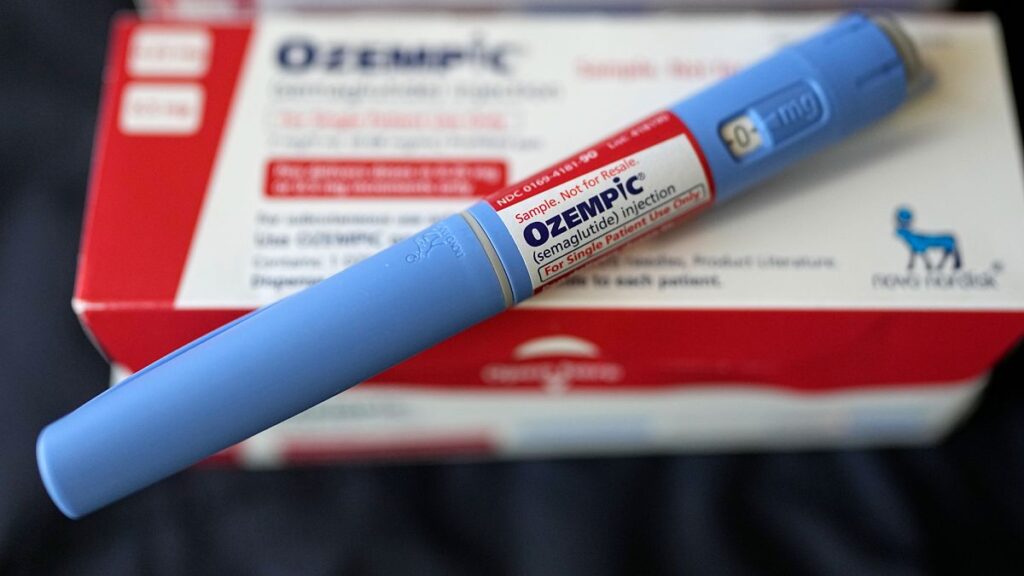Hacking the way to the prescription: digital black markets and remote consultations give an easy access to weight loss drugs
In a world chasing speed—fast food, fast fashion, fast tech—it’s no surprise that quick slimming is the latest obsession. But the demand for rapid weight loss has opened a controversial new chapter in global health: the widespread use of prescription-only diabetes medications like Ozempic and Mounjaro for aesthetic purposes.
These drugs, part of the GLP-1 class, were developed to help manage type 2 diabetes. Yet their dramatic side effect—substantial weight loss—has made them wildly popular among people with no underlying medical need. It’s a trend health experts now warn could spiral into a global crisis.
More than a billion people worldwide live with obesity, and over 830 million are managing diabetes. In Europe, over half the adult population is overweight, and 17% are clinically obese. The World Obesity Federation projects that by 2050, 60% of adults globally will fall into this category.
GLP-1 drugs like Ozempic, Wegovy, Mounjaro, and Saxenda were designed to address these numbers through medical treatment. They regulate insulin levels, slow digestion, and reduce appetite, helping some users shed up to 15% of their body weight.
For people with obesity and related health conditions, these drugs are a breakthrough. But for others—especially the young and image-conscious—they’ve become a shortcut. A way to stay lean without diet or exercise. And in today’s fast-paced, hyper-filtered world, many are willing to skip the medical justification entirely.
Although legally restricted in most countries, Ozempic and similar drugs can often be obtained with alarming ease. A quick online search reveals dozens of websites offering “digital consultations” where users simply fill out a questionnaire, upload an ID, and—often without ever speaking to a doctor—receive a prescription.
In some countries, the process is even more relaxed. Online platforms may not require access to a user’s official medical records, allowing anyone with basic Photoshop skills and a scale to potentially game the system. In others, local pharmacies bend the rules. In places like Poland, Turkey, Greece, and Kosovo, access through unofficial channels has been reported despite existing regulations.
A thriving grey market fills the gaps. Private group chats on messaging apps function like digital black markets. In just minutes, users can browse listings, order, and pay for unregulated GLP-1 drugs—no questions asked, no prescription required. Users even post photos celebrating their arrivals, turning health risks into social memes.
This growing off-label trend comes with serious consequences. GLP-1 medications aren’t without risks—especially when misused or taken without medical supervision. Common side effects include nausea, vomiting, diarrhoea, constipation, loss of appetite and dehydration.
More serious complications may include swelling of the pancreas, gallbladder disease which sometimes requires surgical removal, loss of muscle tissue, kidney injuries and hypoglycaemia, especially when combined with other medications.
Thyroid tumours have been noted in some animal studies of the drugs.
Then there’s the risk of fakes. In 2023, authorities in Austria and the UK reported hospitalisations due to counterfeit Ozempic pens, some of which were found to contain insulin instead of semaglutide. The World Health Organization (WHO) has since issued a global alert over falsified versions of semaglutide found in the UK, US, and Brazil.
“These counterfeits can be life-threatening,” warned WHO’s Dr. Yukiko Nakatani. “We urge people to stop using suspicious products and report them immediately.”
Despite growing awareness, enforcement lags behind. Messaging platforms where these drug sales take place continue to operate with minimal oversight. Closed groups named after “fitness” or “health” are often digital storefronts for illicit sales. Algorithms don’t differentiate between helpful tips and harmful products—until someone gets hurt.
This loophole highlights a growing regulatory blind spot. Health authorities may police pharmacies and clinics, but the world’s most popular communication platforms remain largely unregulated terrain when it comes to drug trafficking.
A European Commission spokesperson noted that under the EU’s Digital Services Act online platforms have an obligation to protect consumers. The Act requires users to be able to quickly report illegal content and products, obliges platforms to remove illegal goods and online marketplaces have to trace their traders.
“The DSA obliges platforms to address risks of illegal content and goods being disseminated on their sites,” and the Commission is monitoring compliance and won’t hesitate to open further proceedings, according to the spokesperson.
The rise of weight-loss drugs has ushered in a new dilemma for both medicine and society. These are powerful tools with potential to transform lives—but only when used safely, and for the right reasons.
As regulators struggle to keep up with demand, tech companies and messaging platforms must also step up. Health isn’t just a personal issue—it’s a systemic one. And without stronger protections in place, the rush for fast fixes could leave a trail of long-term damage.
Read the full article here


